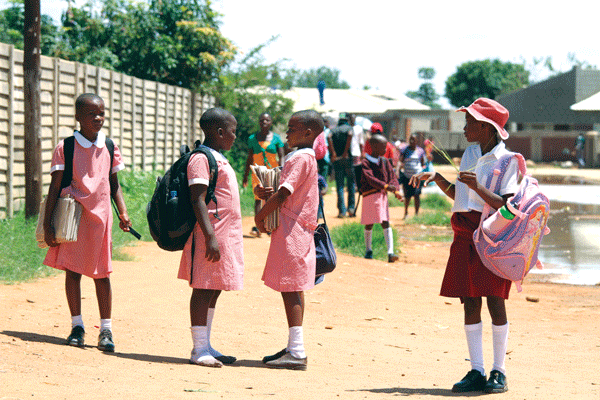
What kind of world will we leave our grandchildren? That is an important question, touching as it does on environmental issues (pollution), social issues (over-population) and moral issues (corruption). Are we “raping” our world, ravaging it and leaving it wasted, ignored, damaged and diminished or are we leaving a healthy, developed, fruitful world?
by Tim Middleton
The All Blacks rugby team (New Zealand) is statistically seen to be the most successful sports team ever with an extraordinarily high win ratio. Jim Kerr in his book, Legacy sought to understand why this is so and identified a number of key factors, not least being the matter of legacy. The players (note, the players, not simply the management) have a policy that even though they may be the world’s leading players, they will always leave the changing rooms in a better state than they found them — each of their players, including their world-record holder captain, will sweep the changing room after the match, and not leave it for others to clean. How much more “successful” might we be as a society, as a country, if we took the same philosophy with regard to our environment, our country? Will we leave this country physically in a better place than when we inherited it?
Warren Buffet was right when he said that “Someone is sitting in the shade today because someone planted a tree a long time ago.” Sadly, all too often what we do is for our own benefit and not for the benefit of our children. When we throw litter out our car window, in front of our children, what are we leaving them? When we destroy our forests and over-graze our land, what are we giving them? When we exhaust all our fuel, what are we giving them? Are our grandchildren going to turn around and thank us for what we have given them? What have we bequeathed them? What have we given them as our legacy, as our endowment?
However, there is an even more important question that we need to ask with regard to our grandchildren. It is not so much a matter of what kind of world will we leave our grandchildren but more crucially, what kind of grandchildren will we leave the world? That is going to be a far more significant legacy. Will we leave grandchildren who will care for each other and for the environment or only for themselves and the present? Will we leave grandchildren who know, understand and show respect, integrity and justice? Our curriculum will determine this only so much.
Again, the All Blacks have a similar philosophy to their legacy with regard to playing. They speak of leaving the “jersey” (the famous all black jersey) in a better place, not least by knowing that “better people make better players”. What they do, how they behave, on and off the field, affects their results. They choose to build on what others have done before for future generations. It is not simply about playing and living for themselves or for the present. And it should be noted (what they have noted) that they will leave the jersey in a better place by leaving the changing room in a better place. They know the significance of the saying: “We don’t inherit the earth from our ancestors; we borrow it from our children.” [David Brower]
The education we offer now is actually not for our children; it is for our grandchildren and our great grandchildren. In that regard, education, in the continuing theme of being about “E”s not “A”s, is about endowment, not about appointment. Education must be planting trees for our children’s children that we will never see. If our curriculum, our teaching, our lessons, are only for this generation, we are more to be pitied. What is in our “will”, our legacy, for our grandchildren? We must ensure it is not one of debt, darkness or deprivation.
Steven Covey has the tag-line, “Live, love, laugh. Leave a legacy.” Max Lucado exhorts us to “Outlive your life.” Jim Rohn writes that “All good men and women must take responsibility to create legacies that will take the next generation to a level we could only imagine.” We need to be clear in this. Leonard Sweet advises us that “What you do is your history. What you set in motion is your legacy.” Kalu Ndukwe Kalu echoes this by saying that “The things you do for yourself are gone when you are gone but the things we do for others remain as your legacy.” So, in the words of Gary Vaynerchuck, “Please think about your legacy because you are writing it every day.”
- Chamisa under fire over US$120K donation
- Mavhunga puts DeMbare into Chibuku quarterfinals
- Pension funds bet on Cabora Bassa oilfields
- Councils defy govt fire tender directive
Keep Reading
Tim Middleton is the executive director of the Association of Trust Schools and author of the book on “failure” called Failing to Win. email: [email protected] website: www.atschisz.co.zw










